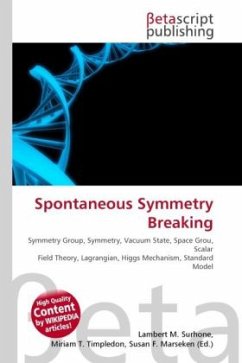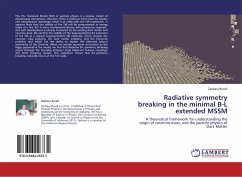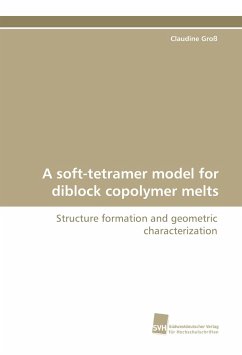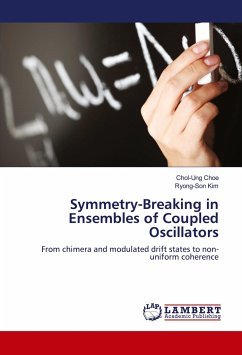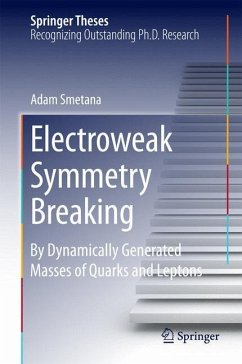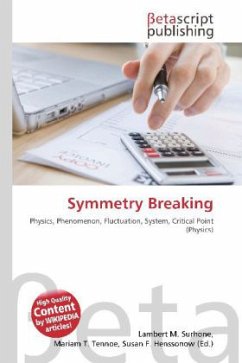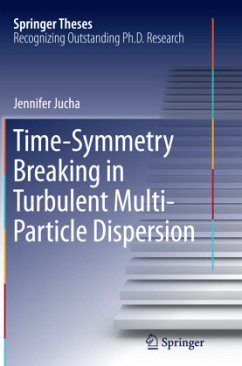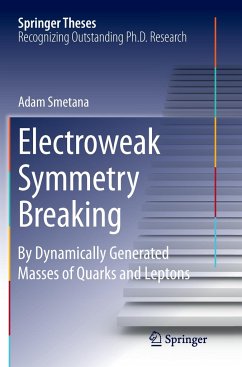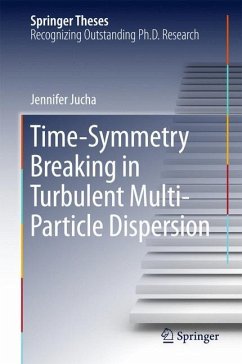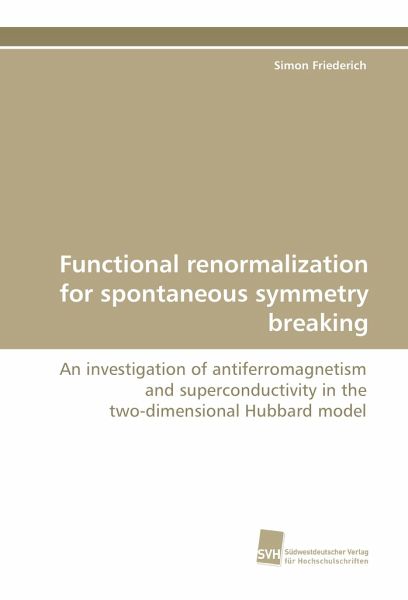
Functional renormalization for spontaneous symmetry breaking
An investigation of antiferromagnetism and superconductivity in the two-dimensional Hubbard model
Versandkostenfrei!
Versandfertig in 6-10 Tagen
36,99 €
inkl. MwSt.

PAYBACK Punkte
18 °P sammeln!
The two-dimensional Hubbard model for interacting fermions on a square lattice is widely considered as a promising approach for the understanding of Cooper pair formation in the high-Tc cuprates. In the present work this model is investigated by means of the functional renormalization group, based on an exact flow equation for the effective average action. In addition to the fermionic degrees of freedom, bosonic fields are introduced which correspond to different collective orders, for example magnetism and superconductivity. The interactions between bosons and fermions are determined by means...
The two-dimensional Hubbard model for interacting fermions on a square lattice is widely considered as a promising approach for the understanding of Cooper pair formation in the high-Tc cuprates. In the present work this model is investigated by means of the functional renormalization group, based on an exact flow equation for the effective average action. In addition to the fermionic degrees of freedom, bosonic fields are introduced which correspond to different collective orders, for example magnetism and superconductivity. The interactions between bosons and fermions are determined by means of the method of "flowing bosonization", describable as a continuous, scale- dependent Hubbard-Stratonovich transformation. This allows an efficient parameterization of the momentum- dependent effective interaction between fermions, and it makes it possible to follow the renormalization flow into the regimes with broken symmetries, where bosonic fluctuations determine the types of order which are present on large length scales. Numerical results for the phase diagram are presented, which include the mutual influence of the competing types of order.



